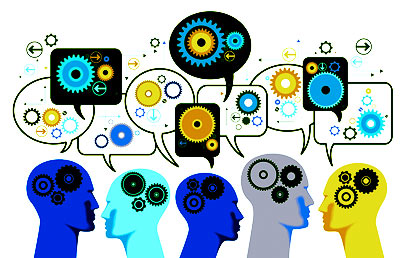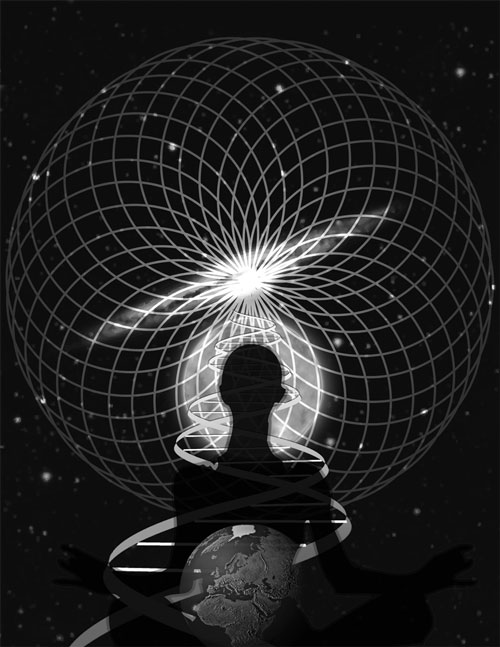Warren Kinston
9. March 2014 10:00

How could we ever do anything without power? Power empowers: yet we know power is a problem. Social interaction is the human condition—and it cannot possibly be improved without exercising power.
The problem is that it is now a universally recognised truism that power corrupts. Why? Read on for a taxonomic answer! But first let's explore some issues.
Recent academic research suggests that power heightens pre-existing ethical tendencies. But this sort of study actually avoids the power issue. It confuses «having power» with «exerting power». Power in the political or social sense is not just being powerful or having authority, but using it on others. More specifically: “using it to get someone to do what they otherwise would not do”— More...
About
Warren Kinston
Warren Kinston
9. February 2013 10:00
Like all truly great philosophers, Wittgenstein had a gift for words.
 "Uttering a word", he said, "is like striking a note on the keyboard of the imagination."
"Uttering a word", he said, "is like striking a note on the keyboard of the imagination."
THEE could be viewed as codifying many elements in his thinking. There is certainly support for many taxonomic propositions that look strange on the surface e.g. the notion that at the core of all well-founded belief, lies belief that is unfounded. He recognized that “man has to awaken to wonder—and so perhaps do peoples. Science is a way of sending him to sleep again.”
His view that anything that can be said should be said is clearly an approach to using language that I share. However, my taxonomic researches make it clear that this logical method is but one of 7 approaches for using language (available soon in the TOP Studio). It suits some purposes and not others. More...
About
Warren Kinston
Warren Kinston
9. December 2012 14:00
We all want to know reality. But have we become too dependent on scientific knowing?

The sad truth of science is that the best it can be is less wrong. But as we live our everyday lives, being less wrong can be not good enough.
Don’t get me wrong: for knowing, being less wrong is wonderful—it is a great advance. But living is more than knowing. Living is loving, it’s committing, it's creating, it’s telling it how it is. It is acting without knowing.
In modern society, we often want to know More...
About
Warren Kinston
Warren Kinston
3. August 2012 18:00
Those who blow the trumpets for spirituality seem to be a dangerous breed. Perhaps because we are all suckers for charisma.

I suppose it's like smoking. Obviously unhealthy in my eyes from the day I was exposed to it as a child, it took decades till others recognized that. Charisma is as easy to recognize as tobacco smoke. So just see it for what it is.
Spirituality is a vital component of human functioning. When spirituality works, it enables us to be fully human in a very ordinary, everyday sort of way: we know who we are, we are aware of what goes on around us, we contribute, we care about others, we take responsibility for ourselves, we say 'yes' to life, we realize that we are each part of something bigger and greater than ourselves, we see through flattery and shrink from corruption. And so on and so on.
When spirituality is cut off More...
About
Warren Kinston
Warren Kinston
6. May 2012 22:00

Animal reality, the reality experienced by animals, is on my mind. Look at Mali (spelled มะลิม, Thai for "jasmine", pronounced ma-LEE), my young golden labrador, the one with the snout and happy to be close to Angie, our family เพื่อน (pronounced purr-un, meaning "friend"). I always wanted a dog, but the possibility only arose very recently. She is immensely lovable and so forgiving, seemingly incapable of resentment.
It brought back to me the issue of how much of the THEE taxonomy is available to animals. By available, I mean is 'animal reality' something that is experienced and used naturally and spontaneously by a dog (say) as we use our psychosocial reality. Most people, but not TOP website members, are unaware that More...
About
Warren Kinston